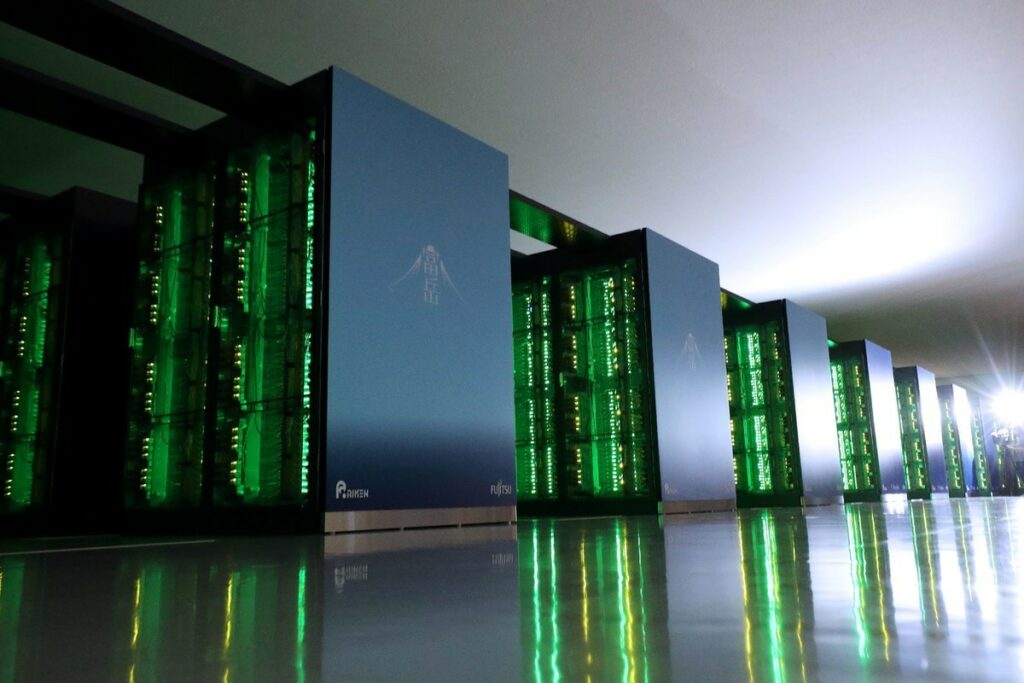Nevada's government network was paralyzed after an incident in the early morning hours of August 24. The attack rendered the state's IT infrastructure inoperable and forced most offices to close...
French retailer Auchan has informed hundreds of thousands of customers that their personal data has been stolen following a hacker attack. In notifications sent to users last week, the company...
Finally (metaphorically speaking), we're here. ESET experts have reported the first ransomware program in which artificial intelligence plays a key role. The new sample has been named PromptLock. It is...
A sophisticated data exfiltration campaign targeting companies' Salesforce instances was conducted, resulting in the exposure of sensitive information from several organizations. This occurred through compromised OAuth tokens associated with the...
RIKEN, Fujitsu, and Nvidia are collaborating on the development of FugakuNEXT, Japan's new flagship supercomputer, scheduled to become operational at the RIKEN campus in Kobe around 2030. With an estimated...
The FBI is offering a generous reward for anyone who can help find Amin Stigal, 23, and Timur Stigal, 47, a father and son team. They are accused of hacking...
On the night of August 19, the IT infrastructure of the Salesian Pontifical University (UPS) was the victim of a serious cyber attack that rendered the University's website and all...
Phishing attacks are becoming increasingly sophisticated and are now targeting not only users, but also automated AI-based defenses. Researchers have discovered a campaign in which attackers embed hidden instructions in...
Over the past twelve months, security experts have noticed an increase in attackers using Windows scheduling capabilities, intended for system management, to establish their presence within compromised systems. Malicious commands...
The topic of hacking and car theft using Flipper Zero has returned to the forefront around the world, and we also talked about it in a recent article. This time,...














